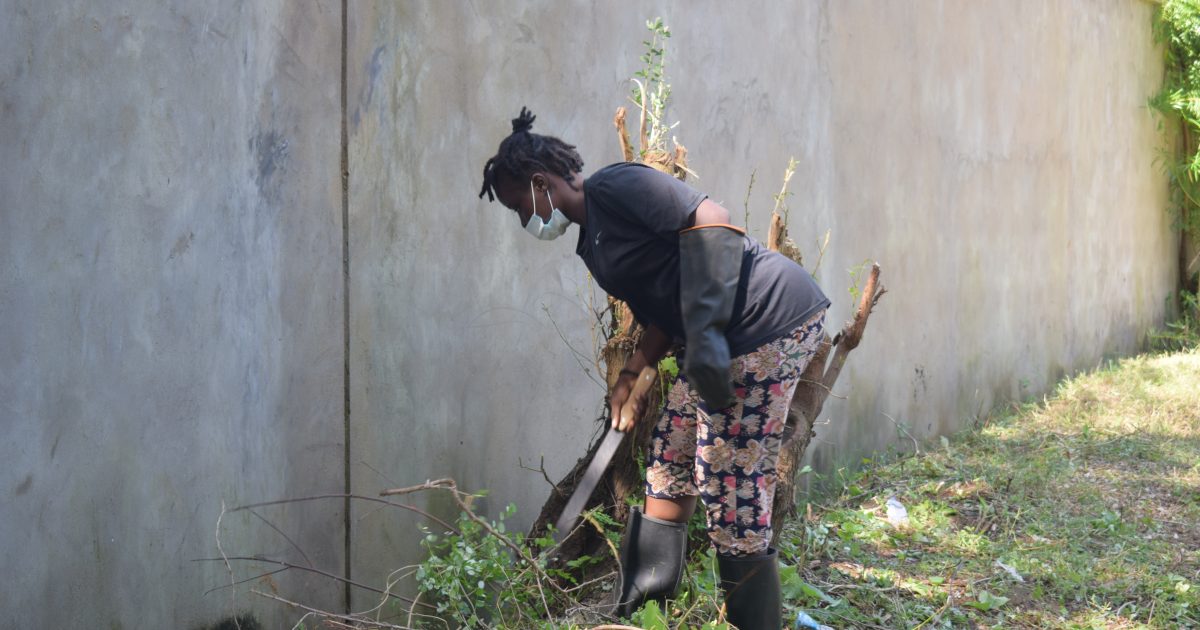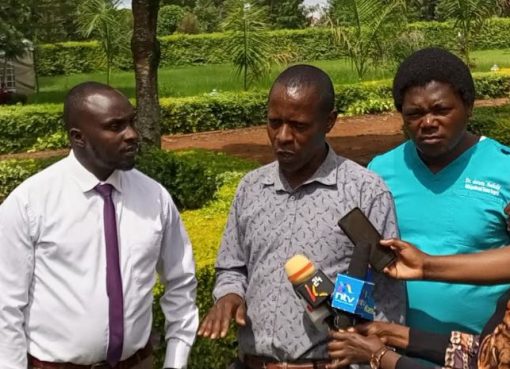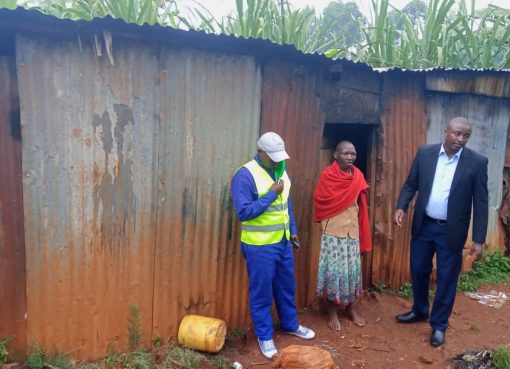The government is to employ over 30,000 youth through the Kazi Mtaani initiative in more than 10 informal settlements in Kilifi County in July, 2020 as part of the ongoing initiative to clean the environment in its effort to also combat Covid-19 pandemic.
The initiative started on a low note in April 2020 when 500 youth in Kilifi North and another 500 in Kaloleni Sub Counties were recruited and have since been working in the towns of Kilifi, Kaloleni and Mariakani.
The recruited youth who earn sh. 600 per day have been engaged in garbage collection, sewer clearing and bush clearing in the informal settlements thus easing the heavy burden encountered by county workers.
Kilifi County director for housing Mr. Daud Makosi who is supervising the programme said 32,000 youth are to benefit through the initiative during the 2020/2021 financial year according to the guidelines given by the state.
He said through their respective sub counties, the youth are now required to apply to the Kazi Mtaani committees under the chairmanship of their Sub County commissioners.
In a ‘Kazi Mtaani’ planning meeting chaired by County Commissioner Magu Njeru Mutindika yesterday, the six sub county commissioners were informed of the directive and urged to speed up processes for the recruitment.
“The youth are to be derived from their own settlements to avoid transportation costs according to the guidelines with each settlement recruiting between 100 and 500 youths depending on size,” Makosi said.
Among the areas identified for the recruitment of the youth are Gongoni, Mapimo and Mbuyu wa Kombo in Magarini Sub County, Mazeras in Rabai and Mariakani in Kaloleni Sub Counties.
Other settlements targeted for the Programme are Mtaani and Mafumbini in Kilifi north Sub County, Mtomondoni and Majengo in Kilifi South Sub County and Kibokoni and Majengo mapya in Malindi Sub County respectively.
A total of 34 leading counties affected by the coronavirus (Covid-19) since it was first reported in the country in March have been earmarked to benefit in the programme.
By Harrison Yeri




